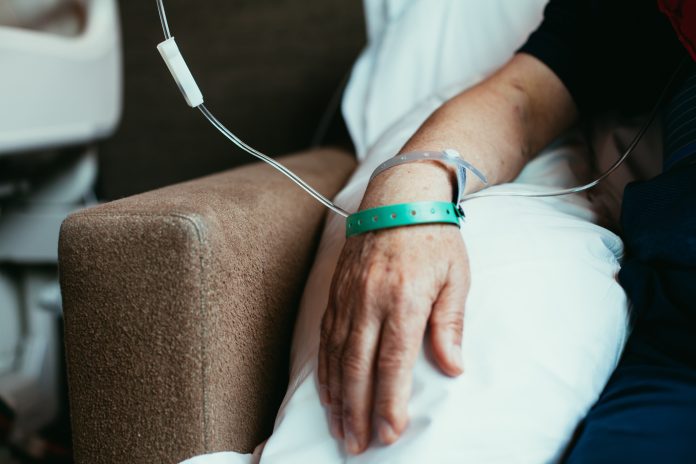A new study led by researchers at University College London (UCL) suggests that routine blood tests could significantly enhance early cancer diagnosis for individuals experiencing stomach pain or bloating
Published in PLOS Medicine, the research reveals that these common blood tests, already a standard practice when patients visit their general practitioners (GPs), can provide crucial insights into cancer risk.
Is stomach pain a sign of cancer?
Stomach pain and bloating are frequent complaints that prompt many people to seek medical advice, often leading to blood tests. However, it has been unclear how effective these tests are in predicting cancer. The UCL study examined data from over 400,000 people aged 30 and above who visited their GP due to stomach pain and over 50,000 who visited for bloating. Two-thirds of these patients underwent blood tests after their appointments.
The study focused on 19 commonly used blood tests and found that abnormal results in these tests were linked to a higher risk of being diagnosed with cancer within a year.
The researchers estimated that considering these abnormal results could lead to a 16% increase in urgent cancer referrals. This translates to an additional six people with undiagnosed cancer being urgently referred out of every 1,000 patients reporting stomach pain or bloating, on top of the 40 who would already be referred based on symptoms, age, and sex alone.
Lead author Dr. Meena Rafiq from the UCL Department of Behavioural Science & Health emphasised the potential impact of this finding. “Our study suggests we can improve cancer detection with blood tests that are already available and that are routinely given to patients with non-specific symptoms whose cause is unclear,” Dr. Rafiq said. She noted that an automated tool to assess cancer risk based on multiple variables could further assist GPs in making timely referrals.
The study utilised anonymised patient data from the Clinical Practice Research Datalink (CPRD), collected from UK GP practices between 2007 and 2016. Among those reporting stomach pain, 2.2% were diagnosed with cancer within 12 months, a figure mirrored in those reporting bloating.
High cancer-risk patients
Current guidelines from the National Institute for Health and Care Excellence (NICE) recommend urgent cancer referrals if a patient’s risk exceeds 3%.
The study found that individuals aged 60 or older with stomach pain or bloating had a cancer risk high enough to warrant such referrals, regardless of blood test results. Now, over-60s are only referred if additional symptoms like weight loss are present.
The research also highlighted specific blood test abnormalities that predicted a higher cancer risk among younger patients, such as anaemia, low albumin, raised platelets, abnormal ferritin, and increased inflammatory markers. In women aged 50 to 59 with bloating, the pre-blood test cancer risk of 1.6% could soar to 10% with raised ferritin levels.
Dr. Rafiq concluded that these common tests could substantially improve cancer risk assessment, particularly for patients presenting vague symptoms. Funded by the International Alliance for Cancer Early Detection (ACED) and other organisations, the study underscores the potential of leveraging routine blood tests for better cancer outcomes.











